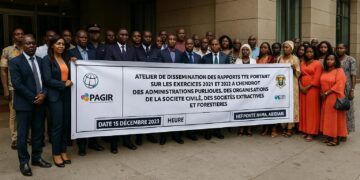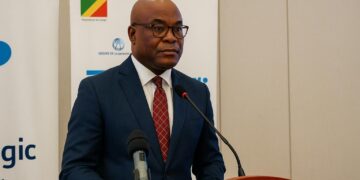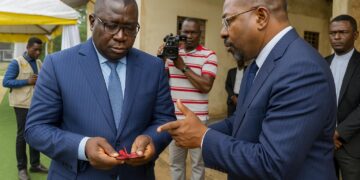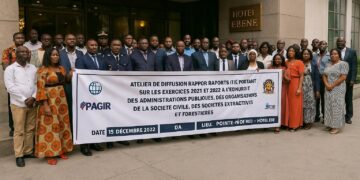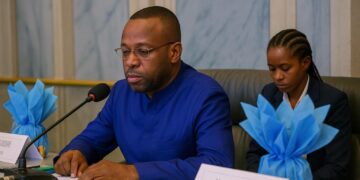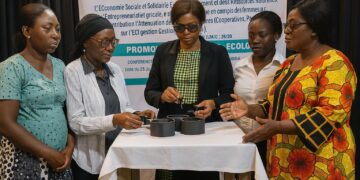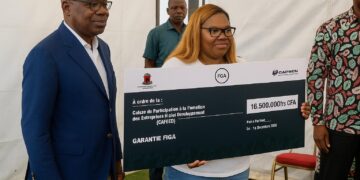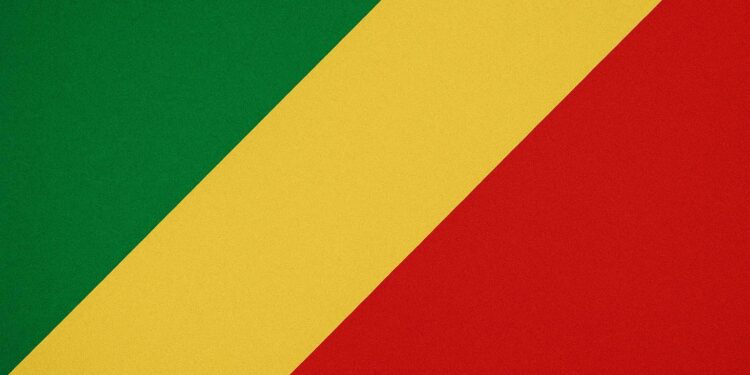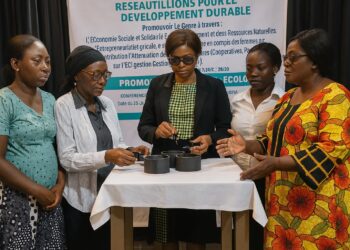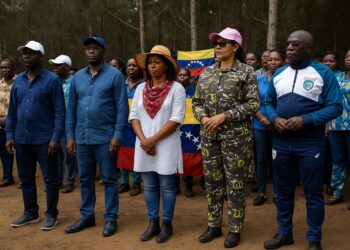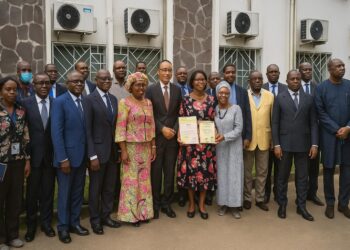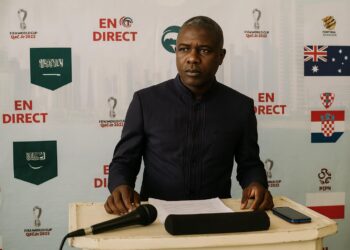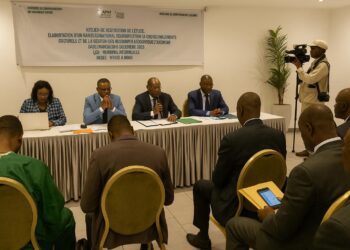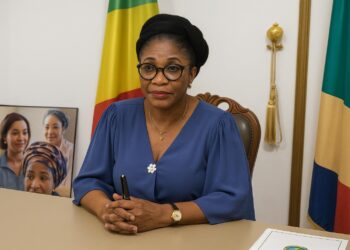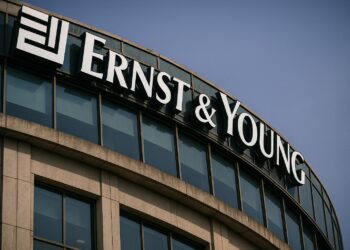Geostrategic Crossroads in Central Africa
From the deep-water port of Pointe-Noire to the lush corridors of the Congo Basin, the Republic of the Congo occupies a geographic hinge between the Gulf of Guinea and the heart of the continent. This location confers logistical weight: Pointe-Noire already handles crude exports from land-locked neighbours, and the planned extension of the Pointe-Noire–Brazzaville rail line toward Bangui could cement a regional freight artery (World Bank 2023). Bordering Gabon, Cameroon, the Central African Republic and the Democratic Republic of the Congo, Brazzaville serves as a political interlocutor inside a volatile neighbourhood, a role underscored by its facilitation of discreet security dialogues during CEMAC summits. The country’s maritime façade, rare for Central Africa, simultaneously anchors it to Atlantic trade routes and to emerging blue-economy initiatives championed in Luanda and Libreville.
Economic Balancing Act amid Energy Transition
Hydrocarbons still account for roughly 80 percent of export earnings, yet policy makers insist that crude is being treated as a bridge rather than a crutch. Output hovered near 280,000 barrels per day in 2023, buoyed by the Moho-Nord field and new marginal discoveries (Ministry of Hydrocarbons, Brazzaville 2024). Part of the fiscal windfall is being directed into a stabilisation fund supervised by the Banque des États de l’Afrique Centrale, while the remainder underwrites infrastructure meant to diversify revenue streams. Special economic zones in Pointe-Noire and Oyo now court agri-business, timber-processing and data-centre ventures, supported by streamlined customs procedures and a one-stop investment window. The International Monetary Fund cites a gradual rise of non-oil growth to 4 percent for 2024-2025, conditional on power-sector upgrades and continued public-finance discipline (IMF 2023).
Diplomacy under President Denis Sassou Nguesso
Having returned to the presidency in 1997, Denis Sassou Nguesso has fostered a foreign-policy doctrine that blends multi-vector pragmatism with a cherished memory of the Brazzaville Conference of 1944. His administration maintains cordial ties with Paris while courting Beijing’s infrastructure finance and Moscow’s security training, all the while cultivating Gulf investors for downstream petrochemicals. Brazzaville’s chairmanship of the Congo Basin Climate Commission allows the president to advocate “payment for ecological services” at COP gatherings, seeking remuneration for the carbon-sink role of the world’s second-largest rainforest (UNDP 2023). This climate-centric posture, far from rhetorical, has yielded a $65 million forest-preservation deal with the Central African Forest Initiative and an exploratory project on carbon-credit certification with the Singapore-based Global Carbon Council.
Socio-Political Stability and Governance Reforms
The 2015 constitutional revision institutionalised a two-tier parliament, reintroduced a prime ministerial post and capped presidential terms at five years, offering calibrated continuity without abrupt rupture. Legislative elections in 2022, monitored by observers from the African Union, produced a National Assembly in which the governing Parti Congolais du Travail retained a decisive majority yet conceded seats to opposition formations such as UPADS, a sign of cautious pluralism. Governance indicators remain mixed, but Brazzaville has renewed its adherence to the Extractive Industries Transparency Initiative and promulgated a digital public-procurement portal to curb rent-seeking (EITI 2023). The African Development Bank notes an incremental rise in the Human Development Index, helped by rural electrification schemes and a 30 percent surge in school enrolment since 2018 (AfDB 2022).
Outlook for International Partners
Congo-Brazzaville’s 2022 Extended Credit Facility with the IMF acts as a policy anchor, conditioning debt sustainability on a ceiling for non-concessional borrowing and on gradual fuel-subsidy rationalisation. Debt renegotiation with Chinese lenders, concluded in late 2023, stretches maturities to 2045 and frees fiscal space for health and climate adaptation. Simultaneously, the country’s accession to OPEC+ as an observer, rather than a full quota-bearing member, leaves room for production flexibility while granting access to technology exchange platforms (OPEC Secretariat 2024). European Union diplomats emphasise Brazzaville’s value as a stable LNG supplier amid the bloc’s search for alternatives to Russian gas. For Washington, the focus rests on maritime security cooperation in the Gulf of Guinea and on the potential for joint ventures in critical-minerals exploration. In short, the republic projects a calculus of strategic patience: leveraging current oil rents to de-risk long-term diversification without antagonising principal partners.





